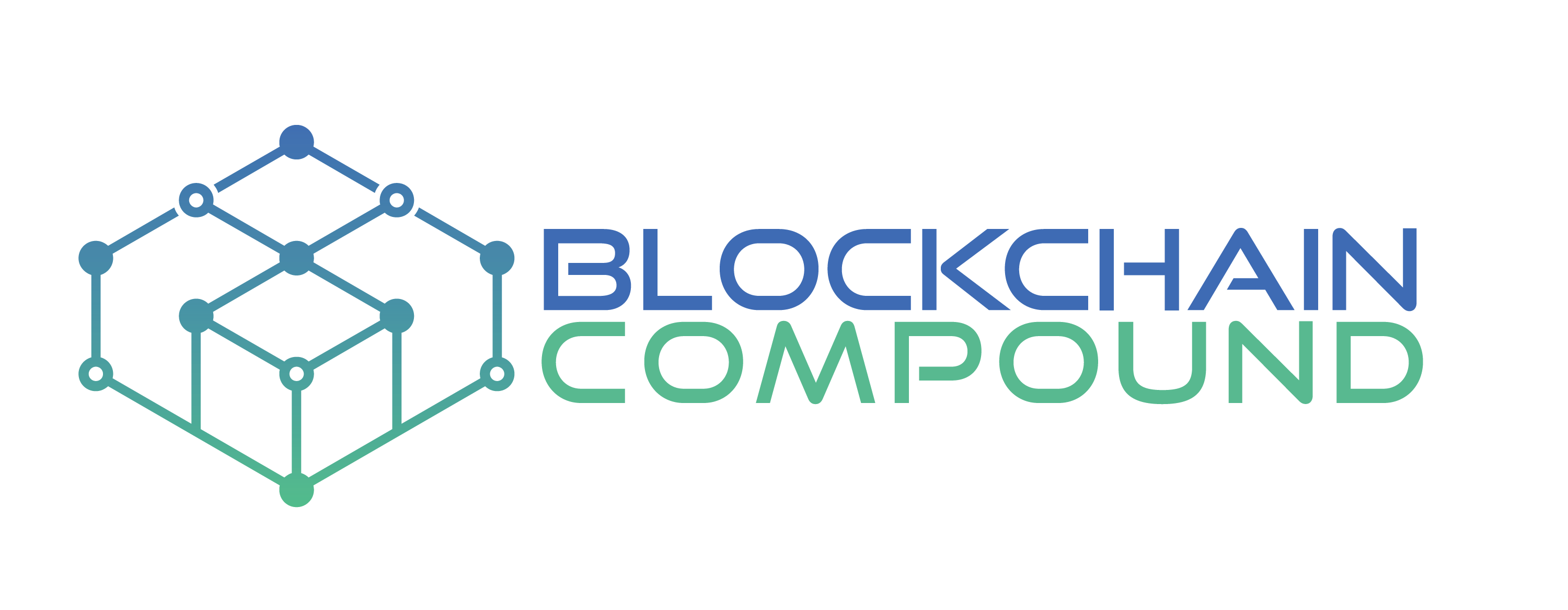Recently, Ledger, the renowned hardware wallet company, introduced a new and somewhat controversial feature that has sparked a flurry of discussions within the crypto community. While the update is optional, some Ledger owners have expressed concerns regarding its implications for the company’s overall security. In this article, we will delve into the details of this development and explore steps to safeguard your cryptocurrency investments.
The feature in question, called Ledger Recovery, had initially garnered attention when it was mentioned in a Wired article a few weeks ago. However, it wasn’t until its official release that it truly captivated the crypto sphere. Ledger Recovery is an ID-based private key recovery service that enables users to securely backup their private seed phrase by associating it with their personal identity through three distinct custodians. The service comes with a monthly fee of $9.99.
To provide some context, a seed phrase is a set of words that stores all the necessary information to recover the cryptocurrency stored in a hardware wallet in case it is lost or stolen. Typically consisting of a sequence of random words, memorizing this phrase can be challenging for many individuals. Consequently, most people opt to write it down or store it on external storage devices like flash drives.
Although Ledger emphasizes that the service is entirely voluntary, allowing users to continue backing up their seed phrases independently, some Ledger owners remain apprehensive about the implications for the security of their hardware wallets.
The pressing question arises: Does the inclusion of this feature introduce a backdoor vulnerability in Ledger?
The company vehemently denies the existence of any backdoor in its devices and emphasizes that the service is entirely opt-in. In other words, if users choose not to participate, it will have no impact on their Ledger devices.
During a recent Twitter Space session, Nicolas Bacca, co-founder of Ledger, alongside several other Ledger executives, reiterated that “this is not a backdoor at all because nothing will happen without your consent on your device.” Bacca also asserted that the update does not increase the attack vectors on Ledger wallets.
Nevertheless, a heated debate has unfolded on Twitter, with some arguing that the mere option of opting into the service could potentially introduce its own security risks.
Twitter user 0xfoobar expressed concerns, stating, “The code path to send private key material over the internet will be on your device, whether you opt-in or not. Hackers can take advantage of this, and software bugs are more likely to leak. Ledger’s business trajectory is one of wanton disregard for customer safety.”
Anatoly Yakovenko, co-founder of Solana, weighed in on the matter, suggesting that owning a Ledger device doesn’t fundamentally change, and it ultimately comes down to trusting the company not to access users’ private keys.
“If you trusted them before not to exfiltrate your keys, you can trust them now not to do it when that feature is off,” Yakovenko stated on Twitter. “I think the attack surface is about the same.”
Despite the ongoing debates, it is crucial for Ledger users to be proactive in securing their crypto assets. In the following sections, we will discuss some essential steps to ensure the safety of your investments and mitigate potential risks associated with this new feature.
Deciding Whether to Switch Wallets: Factors to Consider
The choice of which wallet to use ultimately depends on individual users and their specific requirements. It revolves around factors such as one’s understanding of proper private key management and the willingness to take personal responsibility for their crypto assets. Different users have varying preferences, with some favoring paper wallets, while others adopt a mobile-first approach. However, when it comes to storing significant amounts of cryptocurrency securely, hardware wallets are widely recommended. Some individuals opt for joint custodial solutions, which involve associating multiple private keys and requiring a certain number of them (e.g., two out of three) to authorize a transaction. This approach prevents any single person from unilaterally authorizing transactions.
Considering Ledger Recovery is an opt-in service, users who choose not to utilize it will not experience any changes in their seed phrase management on their Ledger devices.
Exploring Alternative Hardware Wallets
In addition to Ledger, there are several other hardware wallets available in the market, each offering unique designs and security features. For users focused solely on Bitcoin, popular options include Passport (by Foundation Devices), ColdCard, and BitBox02. For those seeking broader cryptocurrency support, alternatives to Ledger include Trezor, CoolWallet, and KeepKey.
Understanding the Benefits of Hardware Wallets
Hardware wallets are physical devices designed to store private keys in a secure offline environment. They are widely regarded as the safest option for safeguarding cryptocurrencies by security experts and Bitcoin enthusiasts worldwide. Whether or not to purchase a hardware wallet is a personal decision, but renowned Bitcoin educator Andreas M. Antonopoulos advises that if one holds more crypto than they would be comfortable losing, a hardware wallet should be considered.
Ultimately, the choice of custodial options for managing crypto assets depends on personal preferences. Charles Guillemet, CTO at Ledger, explained on Twitter that the recent update caters to individuals like his mother who may not be comfortable storing their private keys themselves. He emphasized that Ledger remains committed to prioritizing security and empowering individuals with self-custody capabilities. It is worth noting that the addition of the Ledger Recovery service will not impact users who choose not to opt in. Nevertheless, the age-old adage of “do your own research” holds more relevance than ever, encouraging individuals to stay informed and make well-informed decisions regarding their crypto investments.




